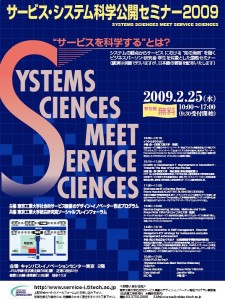In order to move forward, the Systems Changes Learning Circle has taken a step backwards to appreciate the scholarly work that has come before us. This has included the Socio-Psychological Systems, Socio-Technical Systems and Socio-Ecological Systems perspective, from the postwar Tavistock Institute for Human Relations. The deep dive on “Causal texture, contextualism, contextural” takes us back to 1934-1935 articles by Pepper, Tolman and Brunswik. These influenced Fred Emery and Eric Trist in their famous 1965 article.
In Trist’s later years (i.e. between 1977-1985, when he was in Toronto at York University, with the Action Learning Group). the younger researcher with whom he was collaborating most was Calvin Pava. There is a great summary of Pava’s work and life in Austrom and Ordowich (2019).
Through some fortunate coordination, I was able to meet Doug Austrom in Indianapolis in August 2018, having discovered a preprint of the article, just a few days before I was to travel to Iowa.
In our conversation, I discovered that as Austrom, after completing his doctoral dissertation at York U. in 1982, received an appointment as a postdoctoral researcher. Austrom was interested in Quality of Life, and Trist was interested in Quality of Working Life. This led to many conversations. Austrom and Trist never published anything together, as Trist was wrapping up his project with the Ontario Ministry of Labour. Austrom has since had an entire career in Socio-Technical Systems, consulting to the current day.… Read more (in a new tab)
In order to move forward, the Systems Changes Learning Circle has taken a step backwards to appreciate the scholarly work that has come before us. This has included the Socio-Psychological Systems, Socio-Technical Systems and Socio-Ecological Systems perspective, from the postwar Tavistock Institute for Human Relations. The deep dive on “Causal texture, contextualism, contextural” takes us back to 1934-1935 articles by Pepper, Tolman and Brunswik. These influenced Fred Emery and Eric Trist in their famous 1965 article.
In Trist’s later years (i.e. between 1977-1985, when he was in Toronto at York University, with the Action Learning Group). the younger researcher with whom he was collaborating most was Calvin Pava. There is a great summary of Pava’s work and life in Austrom and Ordowich (2019).
Through some fortunate coordination, I was able to meet Doug Austrom in Indianapolis in August 2018, having discovered a preprint of the article, just a few days before I was to travel to Iowa.
In our conversation, I discovered that as Austrom, after completing his doctoral dissertation at York U. in 1982, received an appointment as a postdoctoral researcher. Austrom was interested in Quality of Life, and Trist was interested in Quality of Working Life. This led to many conversations. Austrom and Trist never published anything together, as Trist was wrapping up his project with the Ontario Ministry of Labour. Austrom has since had an entire career in Socio-Technical Systems, consulting to the current day.… Read more (in a new tab)



